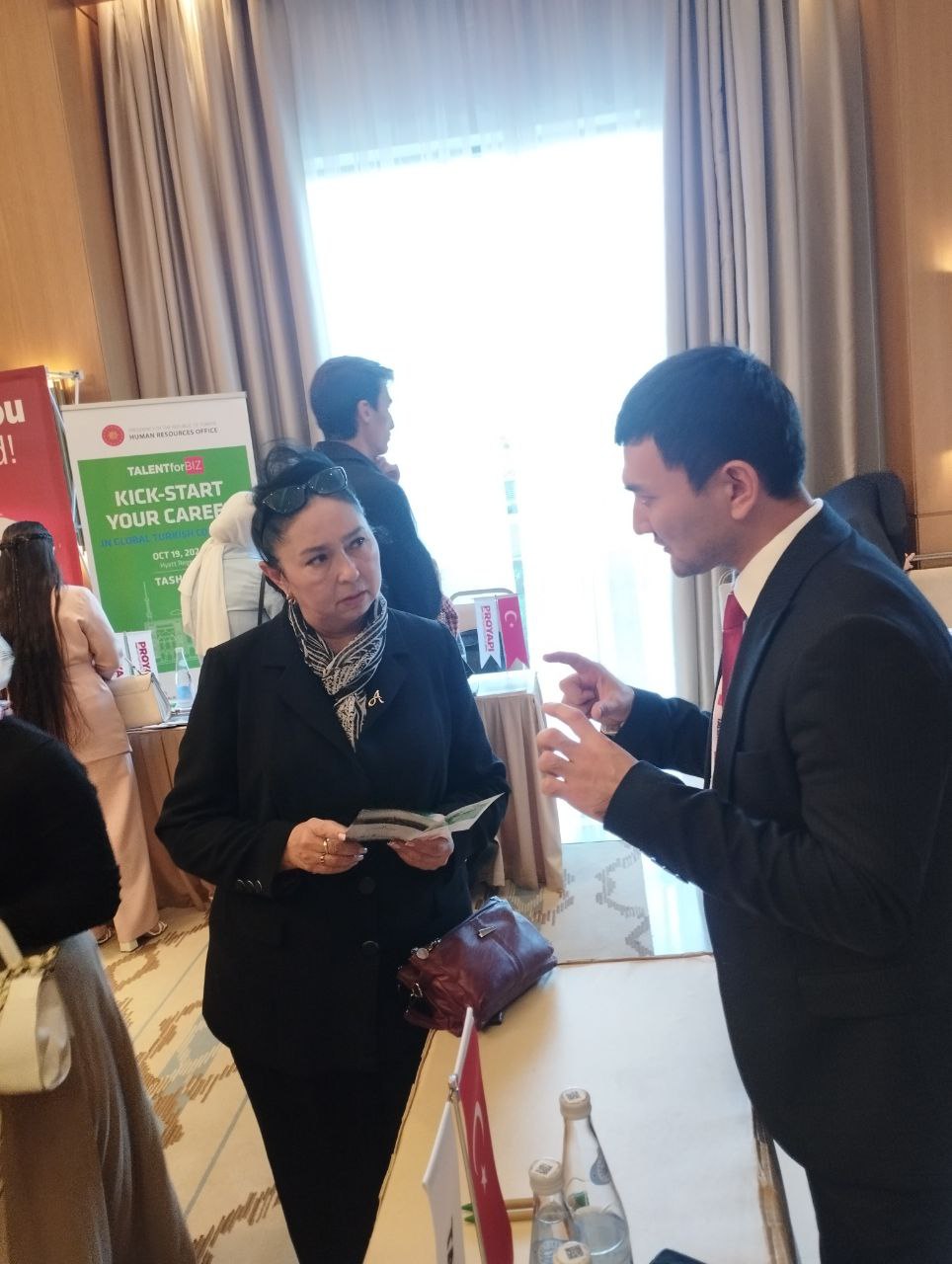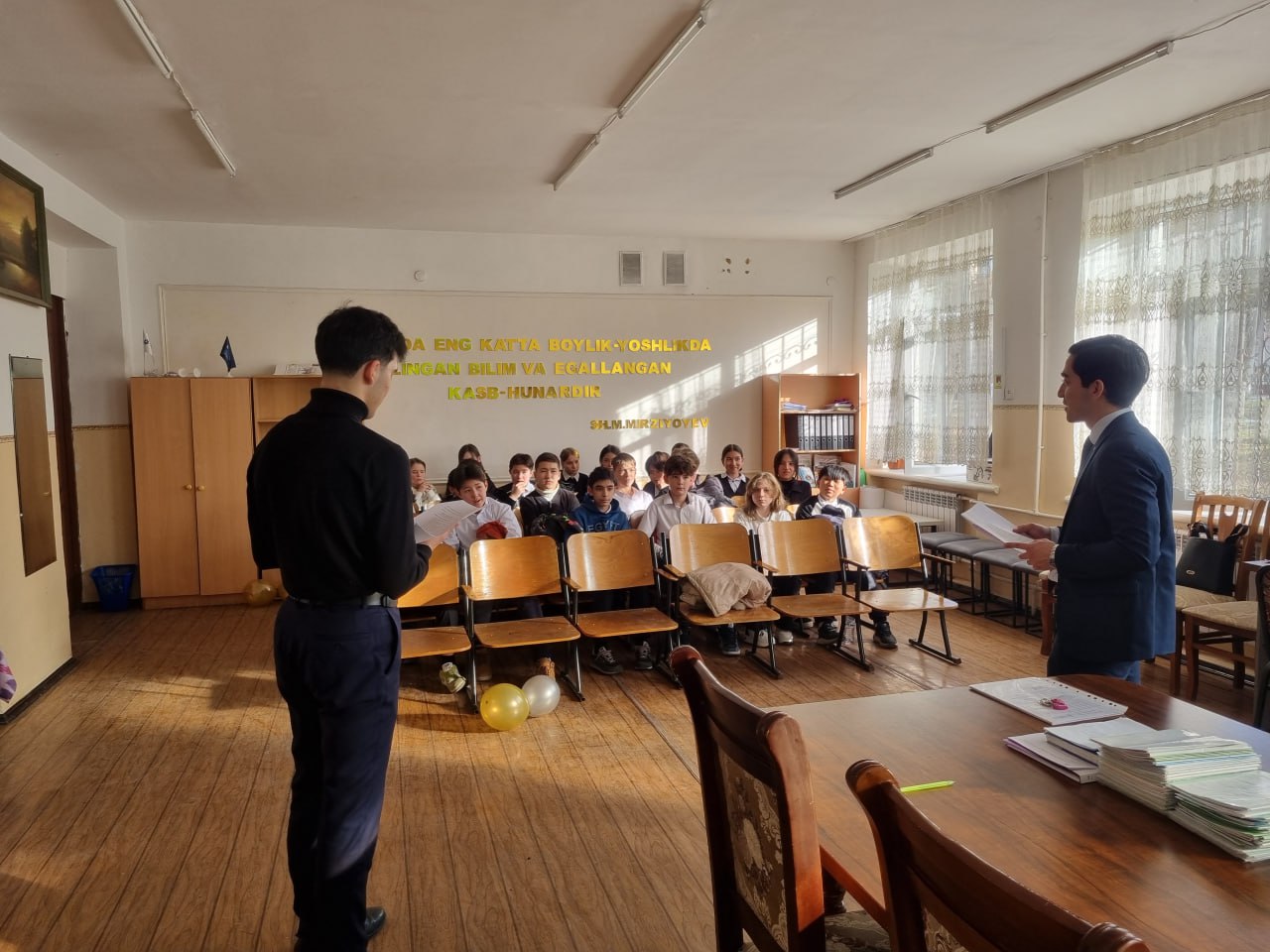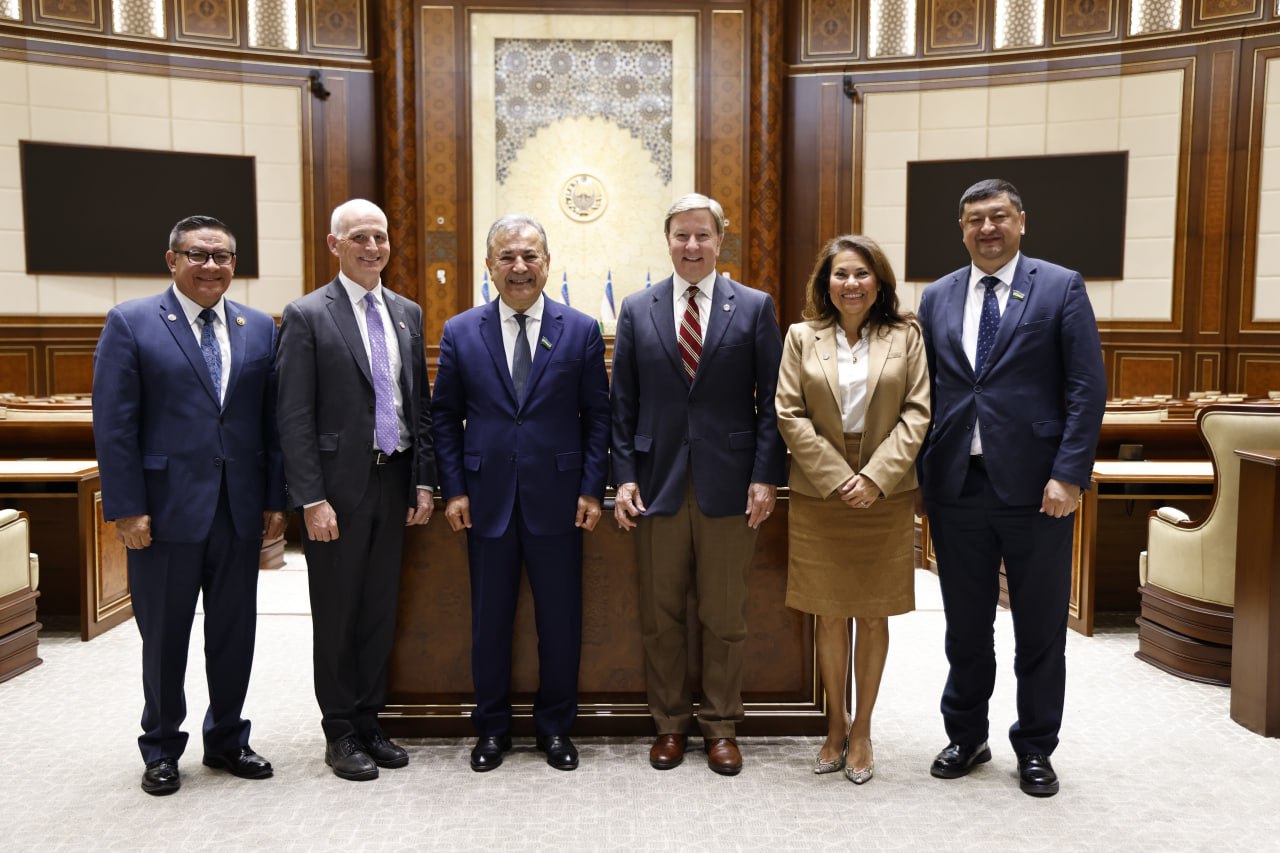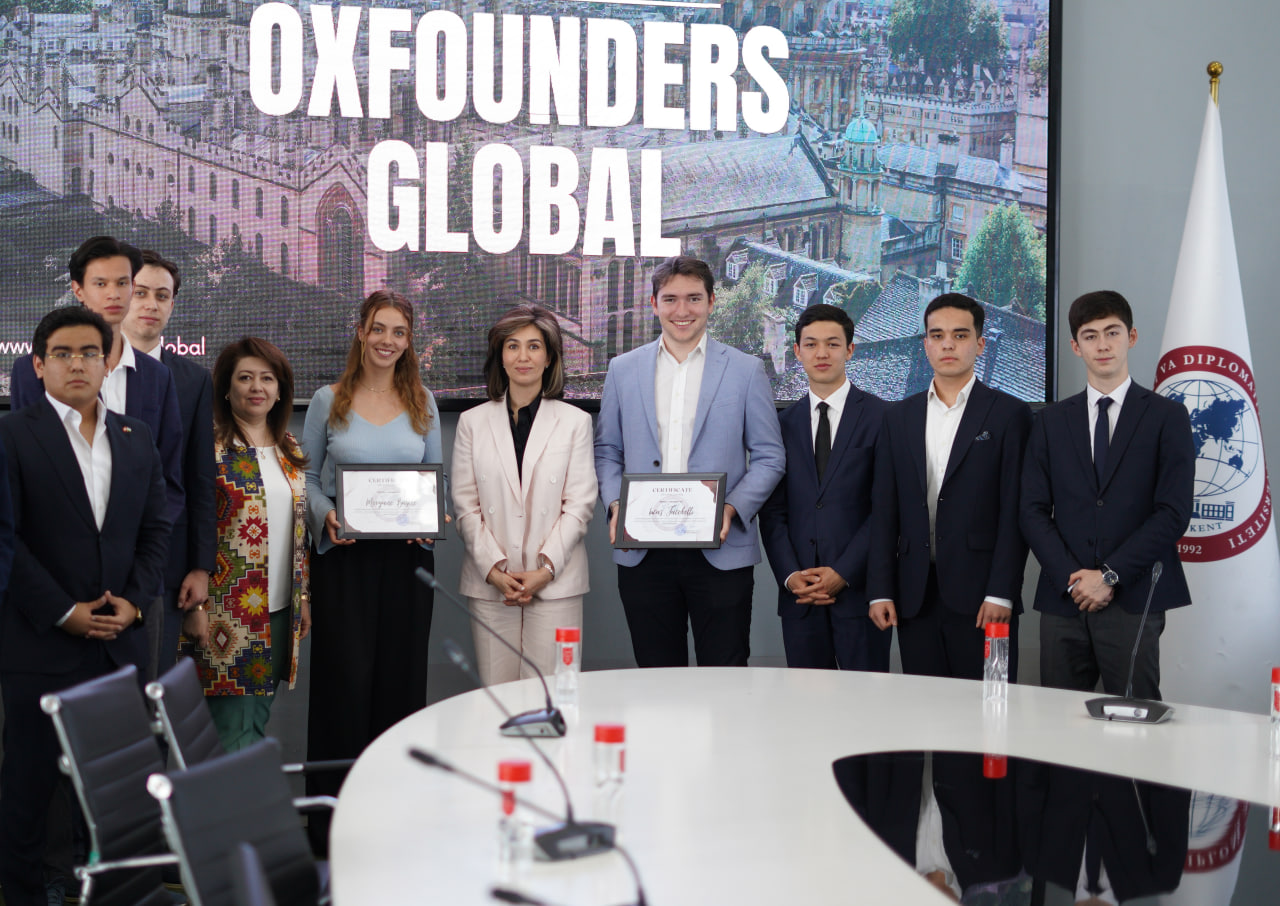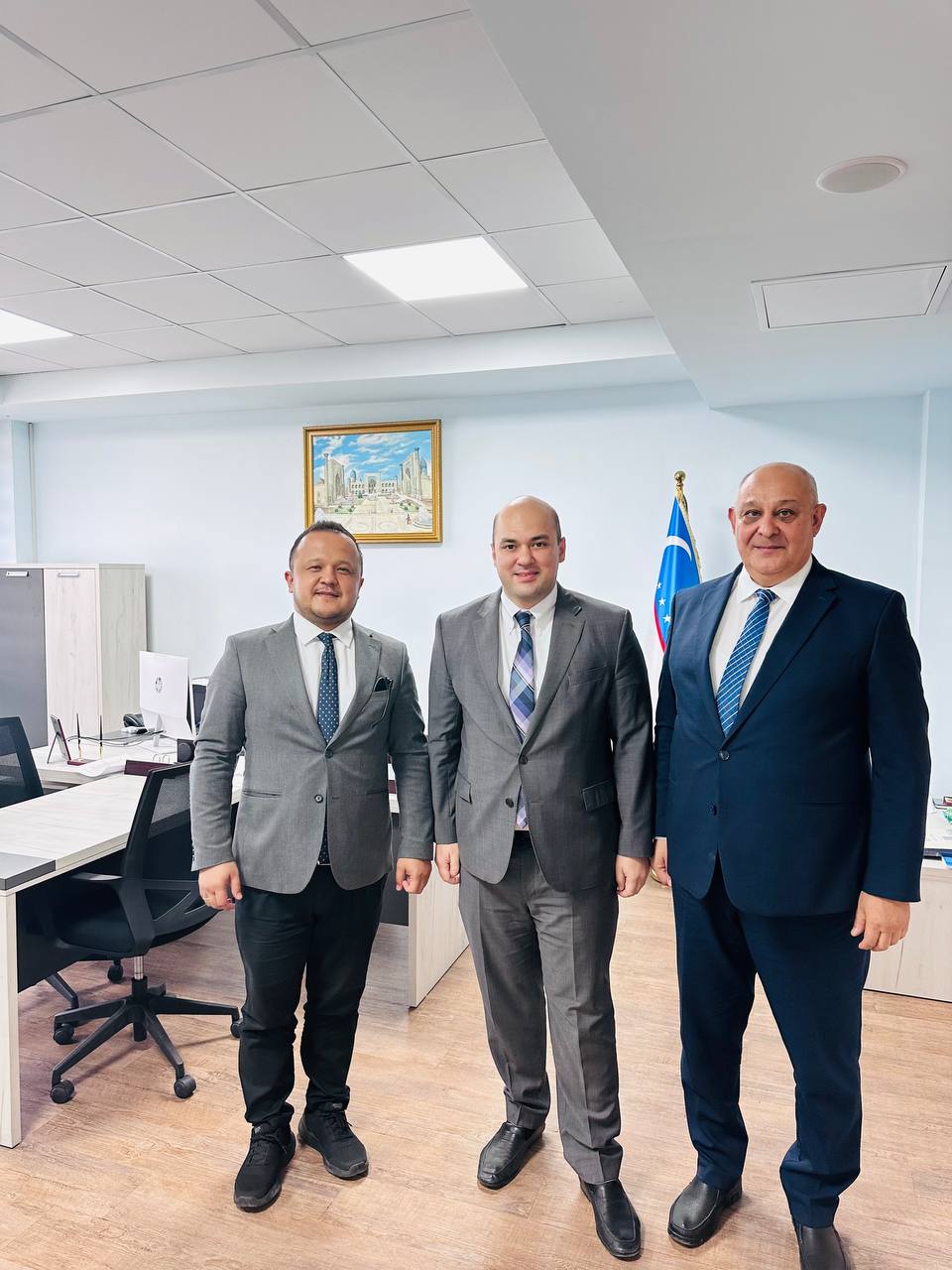
The University of World Economy and Diplomacy is hosting a training on water diplomacy for professors and young scientists from Central Asian universities
The University of World Economy and Diplomacy is hosting a training on water diplomacy for professors and young scientists from Central Asian universities
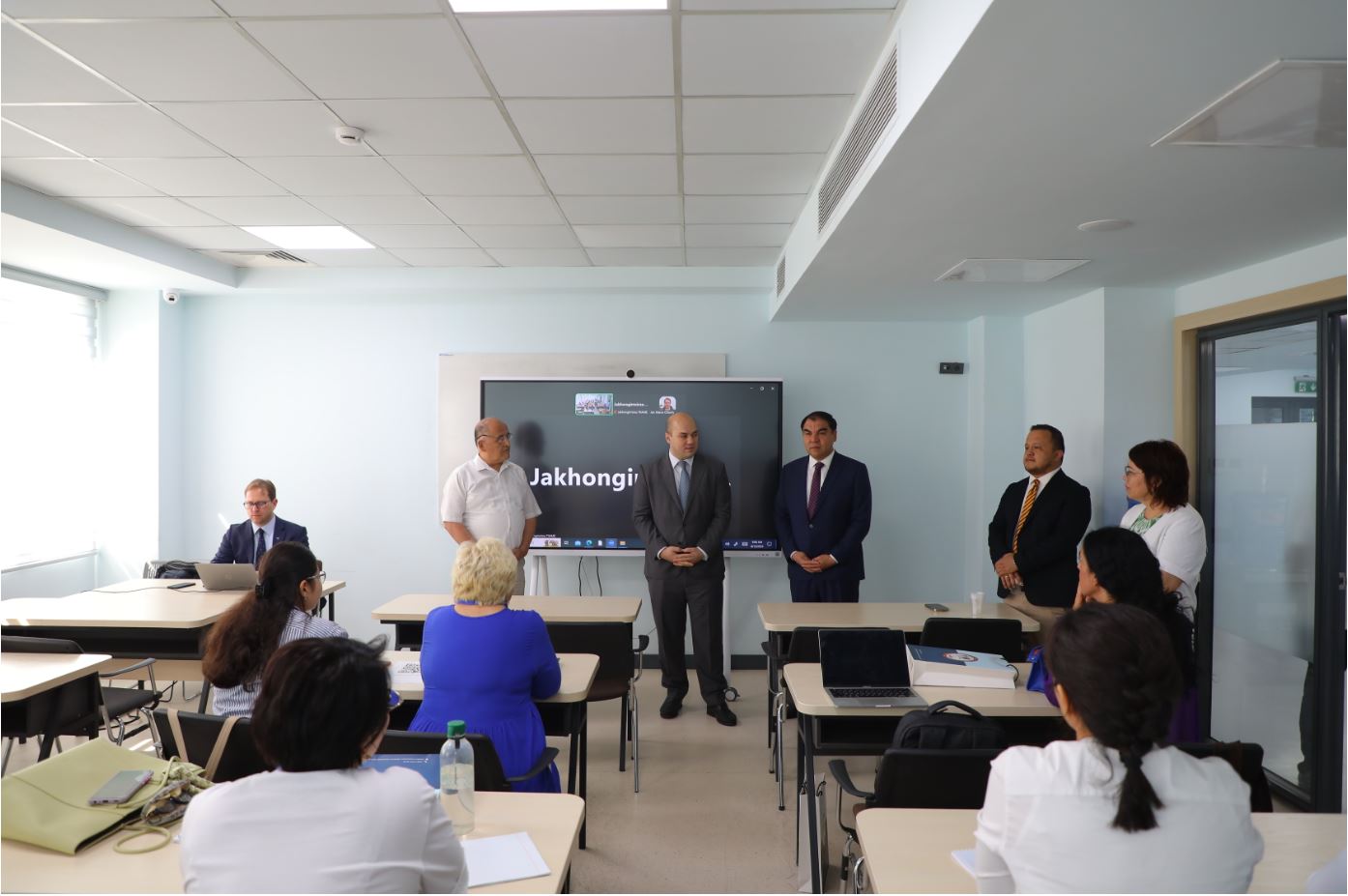
From August 5 to 17 of this year, the University of World Economy and Diplomacy, as part of the Erasmus+ HWCA project "Strengthening Higher Education in the Water Sector for Climate Resilience and Security in Central Asia," is hosting a training on water diplomacy for university professors. Additionally, UWED is also conducting a summer school on water diplomacy for young researchers (master's and doctoral students) with the financial support of the Erasmus+ program of the European Commission and CAREC.
This event is organized jointly by UWED, the Tashkent Institute of Irrigation and Mechanization of Agriculture, the Diplomatic Academy of the Ministry of Foreign Affairs of Kyrgyzstan, and the Kazakh-German University.
The training aims to deepen participants' knowledge and skills in the field of water diplomacy, exchange experiences and best practices, and develop cooperation among stakeholders to ensure sustainable integrated water resources management in Central Asia. The training is conducted in a hybrid format with the assistance of leading international, national experts, consultants, and practitioners in the field of water management and water diplomacy.
The goal of the Summer School is to train young specialists in the concepts and practical skills of water management and water diplomacy. The school offers a comprehensive training program, including lectures by leading experts, practical workshops, and field trips to significant water objects.
The Erasmus+ HWCA project aims to assist partner universities in Central Asia in creating conditions for training a new generation of managers and decision-makers in the region's water sector, including water diplomats, capable of effectively addressing challenges related to climate change and regional security.
One of the main goals of the HWCA project is to increase the knowledge of faculty and young researchers in this field, as well as public awareness through active interaction between universities and stakeholders in the region.
The project will contribute to building the capacity needed to promote and implement integrated water resources management, strengthen regional cooperation, and achieve more effective mobilization of investments and international assistance.
The HWCA project consortium includes 16 universities. Of these, 12 are universities from Central Asian countries - Kazakhstan, Kyrgyzstan, Tajikistan, Uzbekistan, and Turkmenistan, and 4 are universities from Europe.
